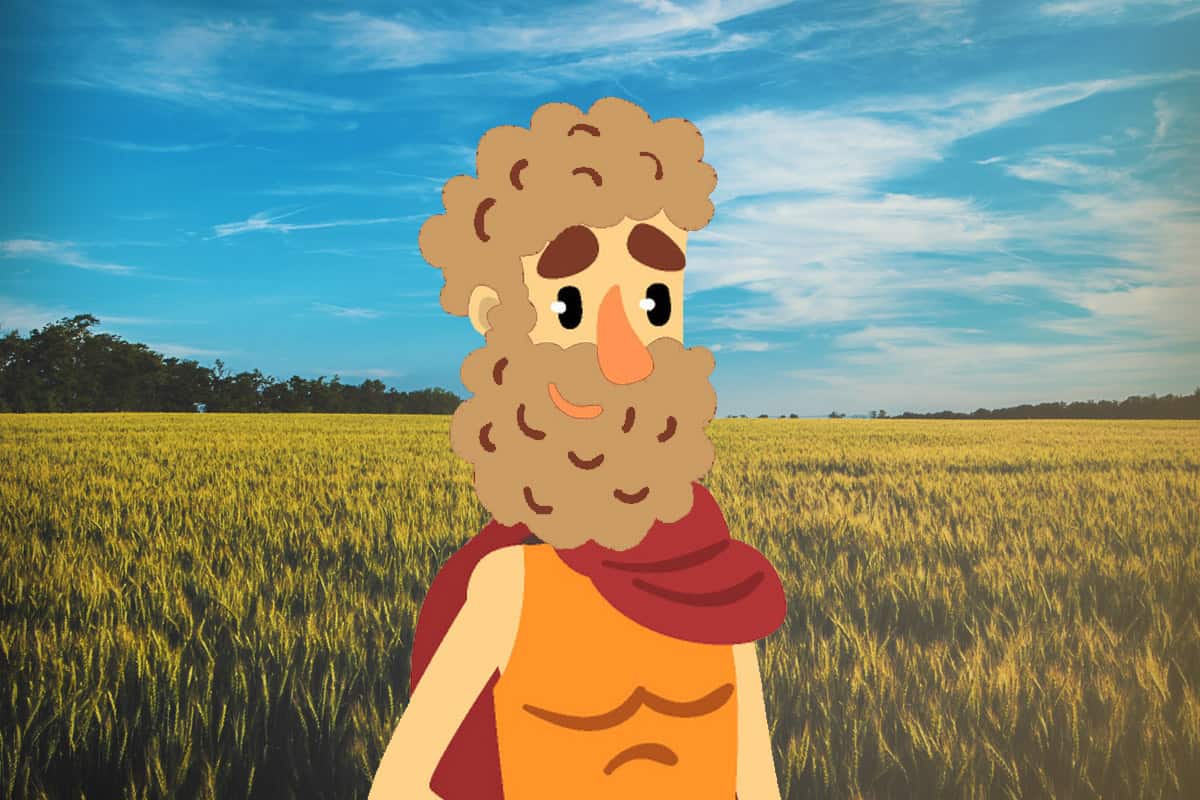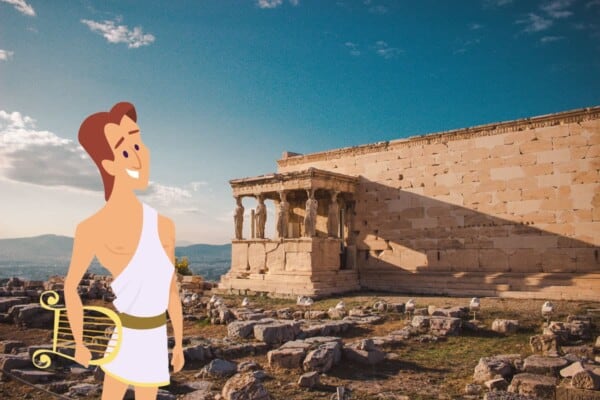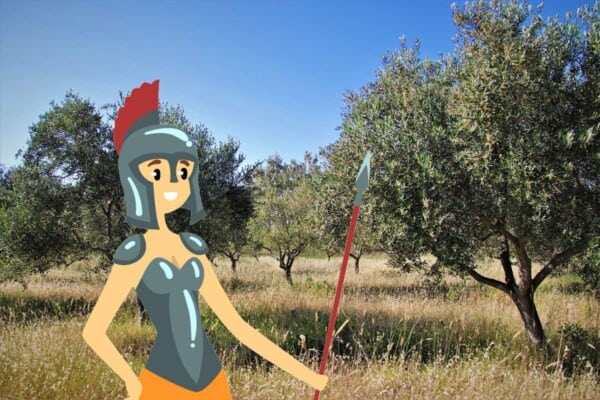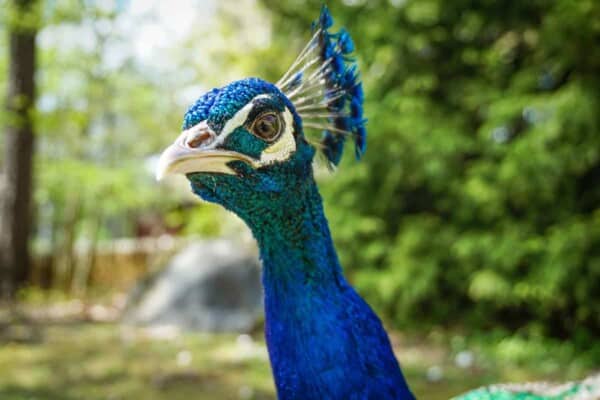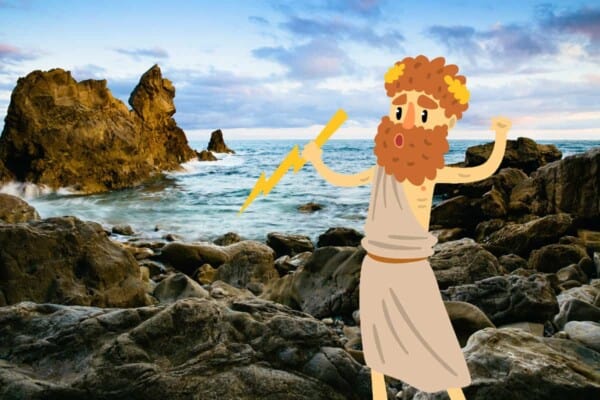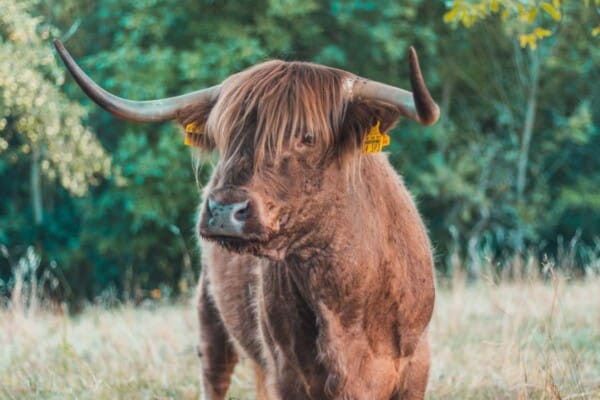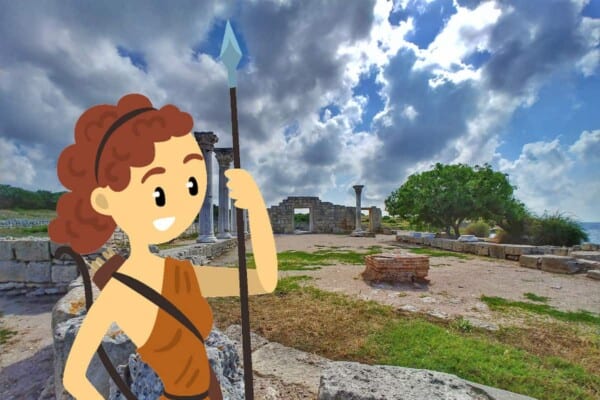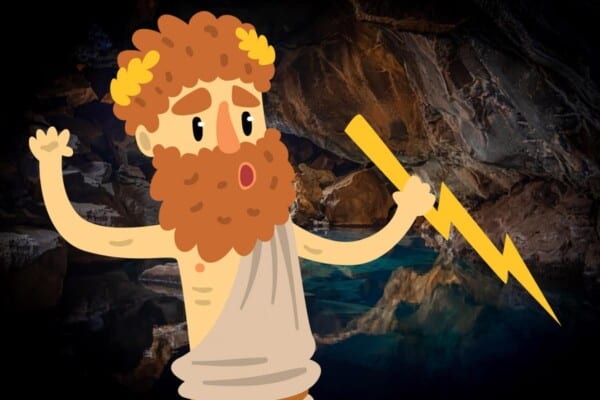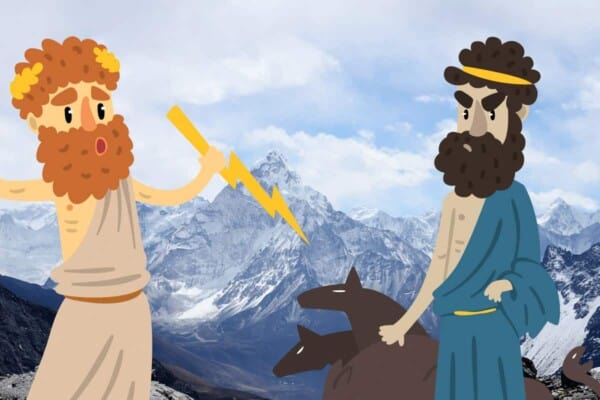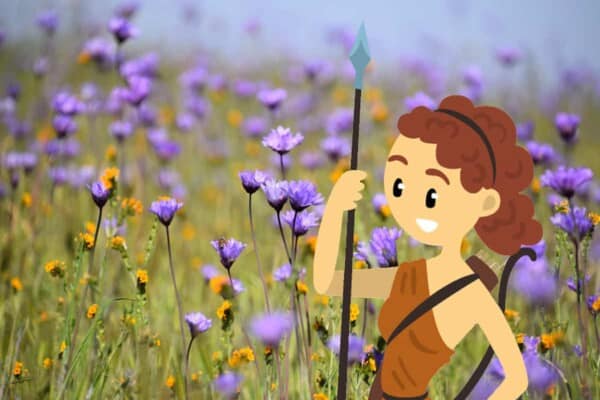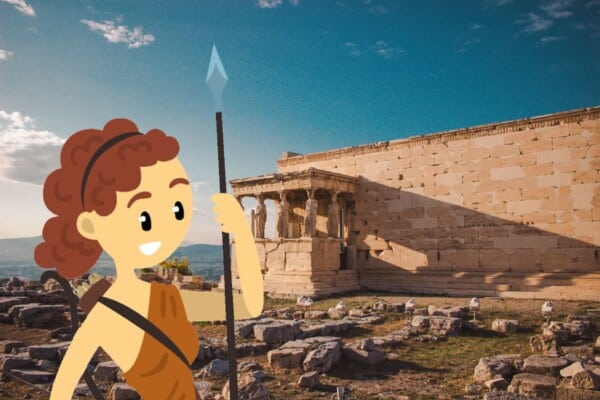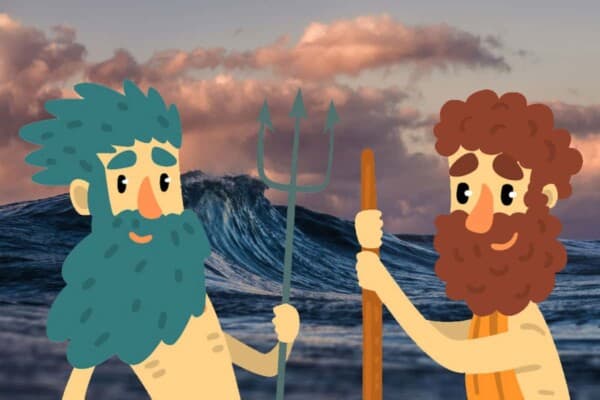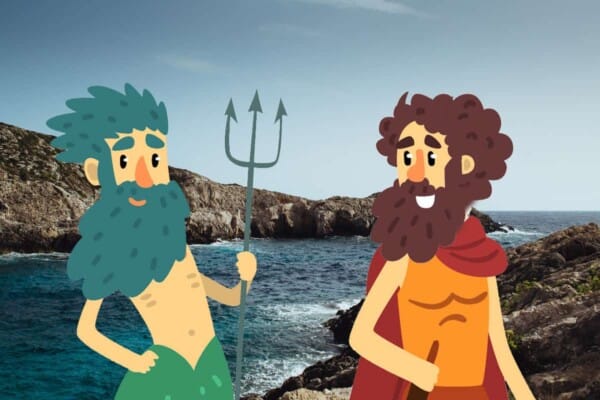The Greek hero Hercules is well known to most people with even if they have just a fringe knowledge of Greek mythology.
A son of Zeus, a legendary fighter and bowman, and he of the 12 labors. Quite the impressive character. It is the 12 labors that we intend to discuss today. So, without further ado, what were the 12 labors of Hercules?
The 12 labors of Hercules were –
- Fight and Kill the Nemean Lion
- Defeat the Many-Headed Hydra
- Capture and the Release the Cerynean Stag
- Find and Capture the Erymanthian Boar
- Clean out the Augean Stables
- Kill the Stymphalian Birds
- Tame and Bring Back the Man-Eating Horses of Diomedes
- Wrestle and Capture the Cretan Bull
- Retrieve the Girdle of the Amazon Hippolyte
- Steal Geryon’s Cattle
- Fetch the Golden Apples of the Hesperides
- Abduct The 3-Headed Dog Cerberus
But, to be honest, I think we are getting a tiny bit ahead of ourselves. There is a lot to the story of Hercules and some background would be useful. So lets dive into the early life of Hercules a bit.
Early Life of Hercules
Hercules mother was Alcmena, the wife of Amphitryon, king of Tiryns. When Amphitryon accidentally killed his own father in law, he and his wife had to flee to the city of Thebes.
It was in Thebes that the god Zeus took a liking to Alcmena. He took the form of Amphitryon and made love to Alcmena. The same night Alcmena also made love to the real Amphitryon and so, she became pregnant with twins. The son of Zeus, Hercules, and Amphitryon’s son, Iphicles.
It was now that things started to go a little bit wrong for Hercules. Hera caught wind of Zeus’ infidelity and the pregnancy of Alcmena. Zeus had a habit of being unfaithful to his wife Hera, and she would often become very jealous. She would then take out her anger on the women Zeus had seduced and also on the children he produced.
Hercules was no exception. She dispatched the goddess of childbirth to cause some problems with the pregnancy of the children. The goddess initially succeeded in stopping Hercules from being born, but eventually she was distracted from the task and Alcmena did give birth to Hercules and Iphicles.
The birth of Hercules didn’t stop Hera from continuing to plot his demise. For her next attempt she placed two serpents in the bed chamber of Hercules and Iphicles.
Iphicles awoke and began screaming which woke up the nearby Hercules. Hercules, despite being only a child, grabbed a snake in each of his hands and strangled them.
His stepfather Amphitryon ran into the room and saw what the young Hercules had done. He realised at once that Hercules was almost certainly a son of a god and not his own child. Rather than being annoyed, he was quite please at this turn of events. He raised Hercules up as if he were his own and gave him the best education money could afford and taught him how to fight and shoot a bow.
Hercules and His Family
Hercules grew into a strong young man and would often defend Thebes and fight many of their enemies. He was rewarded with the hand of of local beauty called Megara in marriage and together they had 8 children together. He was very fond of his wife and fiercely protective of his children. He was a hero of Thebes and very popular with the local people.
However, Hera hadn’t given up in her torturing of Hercules. She saw how happy he was with his wife and family and decided to cause some more problems for him. She brought about a temporary bout of insanity in Hercules and in the process he ended up killing his wife and 6 of his children.
When he emerged from the mist of madness he was so distraught with grief and guilt that he planned to kill himself. He was saved at the last minute by his friend, the hero Theseus.
Theseus persuaded Hercules to seek out the advice of the Oracle at Delphi. The oracle told him he would have to perform a number of task for the king of Tiryns, Eurystheus. Only then would he be cleansed of the guilt for killing his wife and children.
What Were the 12 Labors of Hercules?

1. Fight and Kill the Nemean Lion
The Nemean Lion was a huge beast who couldn’t be harmed by swords, spears, or arrows. It wandered around the Nemea mountains eating humans, sheep, and goats.
The Nemean Lion was ready and willing to fight with Hercules. At first, Hercules tried to hit it with his arrows, but that plan failed. He then tried to use his club to whack the Lion to death, but that plan failed as well. Deciding to not use weapons and instead use hand to hand combat, Hercules wrapped his arms around the Nemean Lion’s neck and strangled the life right out of it.
As a trophy, Hercules took one of the claws and skinned the Lion’s hide. He wore the skin as armor and the Lion’s head as a helmet. He returned to the village with the Lion’s carcass on his back.
2. Defeat the Many-Headed Hydra
The Hydra was a one hundred-headed monster who lived in the swamps of Lerna. Its body was filled with poison and its heads were known to grow back in multiples if one was cut off its body.
Hercules sought out the Hydra and started to cut off heads. But with each head he cut off, multiple more would grow in its place. No matter how fast he fought the Hydra, he couldn’t seem to overcome this problem. So he enlisted the help of his friend Ioleus, and had him set a tree on fire. Hercules used the burning tree stump to sear the Hydra’s necks so no more heads could grow back.
He was able to make progress in cutting through the necks. He evetually cut off the final head and buried it under a rock. Hercules then split the Hydra’s body in half and dipped his arrows into the poison that ran through it.
It later transpired that the task to kill the Hydra was rendered disallowed by Eurystheus because Hercules had been helped by Ioleus. This resulted in an additional labor being added for Hercules to perform.
3. Capture and the Release the Cerynean Stag
The Cerynean Stag was a beautiful creature which had antlers made of gold. It was a special creature to the goddess Artemis and was the brother of the stags who drew her moon-chariot. It was also the only one of the stags that Artemis was incapable of catching.
Hercules was tasked with bringing back the Cerynean Stag. It took him one year of chasing the stag to finally make contact with it. He did so by using the bow Apollo have given him. Hercules shot the bow and pinned the legs of the Stag so it could no longer run away.
When he was on his way back to Eurystheus, Artemis and Apollo came across him and the Stag. They wanted him to set the Stag free. Hercules told them about what he had done to his family and why he was tasked with bringing the Stag to Eurystheus. The god and goddess let Hercules go. Once Hercules had shown the stag to Eurystheus, the stag was set free, fulfilling his promise to Artemis.
4. Find and Capture the Erymanthian Boar
The Erymanthian Boar was a huge and horrible creature that destroyed villages and farmland around Mt. Erymanthos.
Hercules was sent to capture the Boar and bring it back alive. On his way to perform the task, he came across Pholus. Hercules and Pholus were attacked by a group of centaurs. Hercules fought the centaurs off but in the process, ended up injuring his former teacher, Chiron, with a poisoned arrow from the Hydra. After the attack, Hercules was so angry about hurting Chiron, that he chased the boar with great energy, wrestled it to the ground, put it over his shoulder, and took it back to Eurystheus. From there on out, the boar was kept in a bronze cage.
Chiron died as a result of the poison arrow. This made Hercules incredibly sad, as Chiron had been a great friend and mentor.
Following the 4th Labor, Hercules joined Jason and the Argonauts on their adventures for the Golden Fleece. He became good friends with a mortal called Hylas, who was eventually kidnapped by some water nymphs. Hercules tried to find his friend, but he failed. The Argonauts left him to keep searching. He never found Hylas, but he eventually made it back to King Eurystheus a few weeks later to continue his labors.
5. Clean Out the Augean Stables
The Augean Stables hosted more than 3,000 cattle and were owned by King Augeas. There were incredibly dirty and disgusting.
The Augean Stables were horribly filthy. In thirty years they had never been cleaned, and the cattle had never been allowed outside. Hercules was told he had to clean the Stables within a day. Despite being a little dim witted, he came up with an idea, he tore part of the stables away and diverted the Alpheus river.
This caused the river to switch directions and flow through the opening Hercules had made in the Stables. The Stables ended up being cleaned and the Alpheus river forever flowed in a different direction.
This 5th Labor was also claimed to be void because Hercules had accepted payment for cleaning the stables in the form of 1/10 of the livestock.
6. Kill the Stymphalian Birds
The Stymphalian Birds were a huge flock of birds that plagued Stymphalus. They were horrible winged creatures that resembled giant cranes.
The Stymphalian Birds were known to eat everything in sight, including humans. Hercules was sent to kill them all so they would stop killing the people of Stymphalus.
One of the problems with performing this task was the birds lived in marshland that was full of mud similar to quicksand. Hercules borrowed a rattle from Hephaestus. It was a rattle that was used to awaken the Cyclopes to get them back to work. It made a horrible brassy sound and was extremely loud. Hercules shook the rattle and drew out the Birds. Having brought them down from the sky, he pushed his chest out so they would be tempted to try and attack him with their beaks. As each one tried, he would strangle them.
7. Tame and Bring Back the Man-Eating Horses of Diomedes
Diomedes was a horrible man who kept a stable of man-eating horses. He loved them dearly and was always feeding them slaves, troublesome subjects, and prisoners.
Hercules was tasked with going to Thrace and bringing back Diomede’s man-eating horses. Hercules was supposed to hook the horses to his chariot and have them drive him back King Eurystheus. Hercules told Diomedes what he was planning to do and Diomedes became enraged and refused to let Hercules have his special man-eating horses. He sent his people to fight and stop Hercules.
To put an end to the violence, Hercules ended up wrestling Diomedes and feeding him to the horses. When he did this, the horses became tame and he was able to bring them back to King Eurystheus.
Before Hercules made it to Thrace, Hercules ventured through Pherae and visited King Admetus. He was surprised to find there was no one around the palace. There was, however, horrible wailing sounds coming from inside.
Hercules went to check it out the noise and discovered the terrible news that the wife of Admetus had committed suicide in order for Admetus gain immortality. Thanatos the god of death was coming to get the wife of Admetus but Hercules ended up fighting the god, resulting in Alcestis not being taken to the underworld. She was allowed to reunite with Admetus.
8. Wrestle and Capture the Cretan Bull
The Cretan Bull was both beautiful and savage. It was given to King Minos by Poseidon.
This was one of Hercules’ easier labors to perform. When Hercules went to capture the Cretan Bull, King Minos stepped aside and allowed him to take it. King Minos was not a fan of the bull, because it was the bull responsible for his wife having an affair that resulted in the Minotaur. King Minos was more than happy to see it go. Hercules wrestled the bull into submission and carried the bull back and showed it to King Eurystheus. He then released the bull in the region and it would rampage around the town of Marathon.
9. Retrieve the Girdle of the Amazon Hippolyte
Hippolyte was the Queen of the Amazons who lived North of Thrace.
Hercules asked Hippolyte for her girdle and she gave it to him with no problem. However, Hera, who had always had it in for Hercules, interfered. Hera disguised herself as the Amazon Queen and told her people Hercules had come to kidnap her. This enraged the Amazonian women who started to fight Hercules. This fight resulted in Hippolyte being killed.
While Hercules was traveling back with the girdle, he stopped to take a break close to Troy. King Laomedon asked Hercules to help save his daughter Hesione from being eaten by a sea monster.
King Laomedon promised to give Hercules his prize horses. After Hercules killed the monster, King Laomedon backed out of his deal and didn’t give Hercules anything. Hercules vowed to one day return to King Laomedon and punish him for his betrayal.
10. Steal Geryon’s Cattle
Geryon was an ugly monster who had three large bodies joined at the waist. He was also the owner of a set of beautiful cattle that grazed by the inner sea.
Hercules was told he had to steal and drive Greyon’s cattle back to Mycenae and add them to King Eurystheus’ herd. On his journey, he had to cross the Libyan desert. He got so angry at the desert’s heat, he threatened to shoot an arrow at Helios. Helios calmed Hercules down by offering him a golden goblet that he could ride along the sea. Hercules accepted and set sail.
When he arrived in Greyon’s land, he was attacked by Greyon’s two-headed dog. He killed it and then decided to kill Greyon using his arrows. On his return trip home, Hera interfered and stung the cattle so they would stampede. Hercules had to gather them all up again before he could continue on.
Upon Hercules’ return, he was told by King Eurystheus’ that both the Hydra and the Augean Stables labors had been disqualified as true labors. He was then told he would have to complete two additional labors to make up for the disqualifications.
Hercules was furious and went to kill King Eurystheus, but he remembered Zeus told him he couldn’t kill the King, so he settled down and got ready to continue the other two labors.
11. Fetch the Golden Apples of the Hesperides
Hesperides was home to Hera’s golden apple tree. The tree was located under the shadow of Atlas who held the sky on his shoulders, and the apples were guarded by the Nymphs who were daughters of Atlas. It had been replanted in Hesperides in an attempt to keep it away from Zeus who liked to use the apples as love tokens.
Hercules was told he had to bring back the golden apples. To find out where the garden was, Hercules went to Nereus, a sea god, and forced him to reveal the location.
While travelling to Hesperides, Hercules ended up freeing Prometheus from his endless torment of having his liver eaten daily by a great eagle. He also met the giant Antaeus and was challenged to wrestle with him. Hercules ended up killing him before journeying on.
When Hercules finally reached Hesperides, he met the titan Atlas who offered to retrieve the golden apples for him. The only catch was Atlas wanted Hercules to hold up the sky in his place while he went to get them. Hercules agreed but was tricked by Atlas who refused to take the sky back. However, Hercules outsmarted him by saying he needed to adjust the weight of the sky better. Atlas went to help and ended up stuck holding the sky. When Hercules finally brought the apples to King Eurystheus, the King wouldn’t touch them as he knew they were the property of the gods. He was right, as right then Athena appeared and took the apples back.
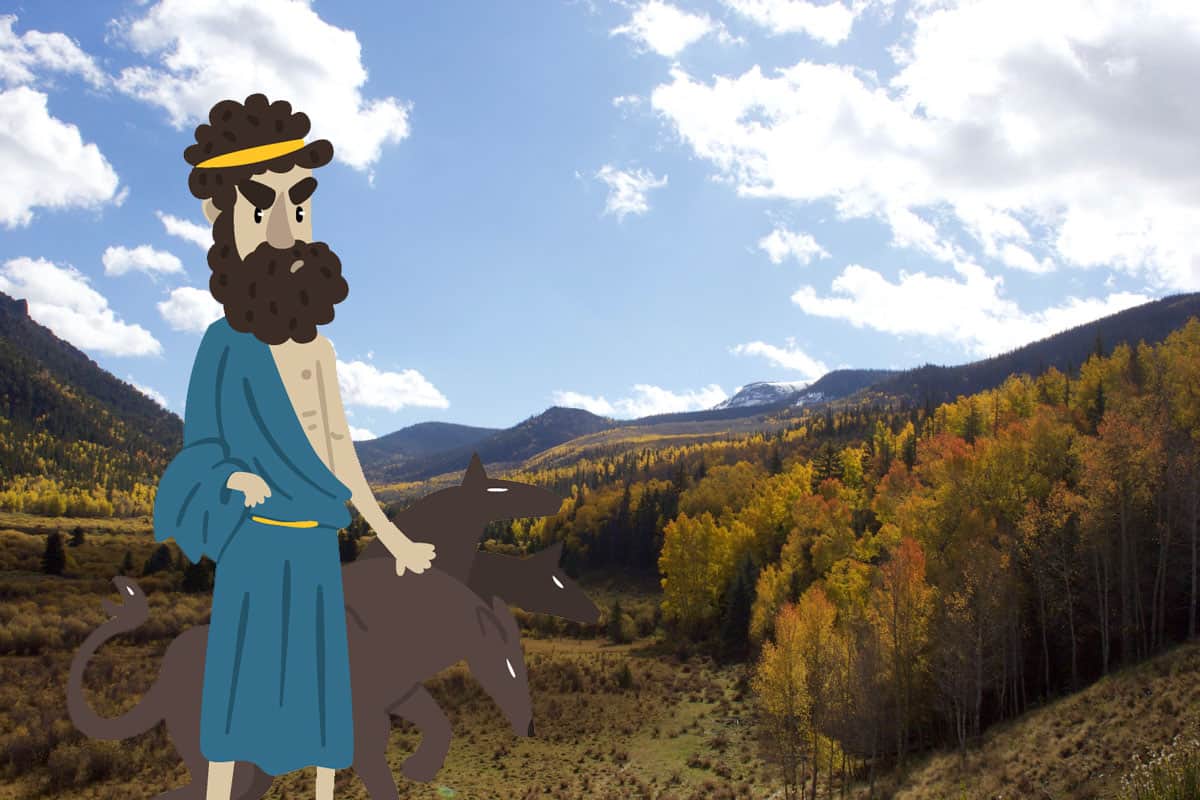
12. Abduct The 3-Headed Dog Cerberus
Cerberus was a three-headed dog that Hades had guarding the entrance to the underworld. Each head guarded one portal entrance. Orpheus was known to have put all three heads to sleep by playing lullabies on his lyre.
Hercules had to go to the Underworld to capture Cerberus. He was taken to the Underworld by the gods Hermes and Athena. He then met the boatman Charon on the edge of the River Styx who transported him across. Charon was chained up by Hades as punishment for letting Hercules pass into the realm of the dead.
Hercules eventually met Hades and the two got into a fight. Hercules ended up seriously wounding Hades. Hades told Hercules he could have Cerberus as long as he didn’t use any weapons to capture the beast. Hades also told Hercules he could take his friend Theseus back with him. Hades then left and went to Mount Olympus to tend to his wounds.
Hercules captured Cerberus with ease by wrapping his arms around the 3 heads and then he brought him to King Eurstheus. King Eurstheus had no intention of keeping the dog and Cerberus was later returned to the Underworld.
What Happened After the 12 Labors of Hercules?
With the 12 labors complete, Hercules was by no means finished with his adventures. He got up to all sorts in the years after. He returned to visit some of the key characters in the 12 labors to take revenge. A few of them hadn’t lived up to their side of bargains Hercules had negotiated.
He participated in the great battle between the Gods and the giants called the Gigantomachy. Hercules was of particular importance because initially the gods found the giants couldn’t be killed by a god, rather a mortal was the only one able to deal the fatal blow. So, they enlisted the help of Hercules. The gods would wear down the giants and then Hercules would strike. This way the gods were able to gain a significant victory and defeat the giants.
Hercules also did remarry. His bride was Deianira and together they had a number of children. However, Deianira would become jealous and suspicious of Hercules and other women. She became so suspicious one day she decided to kill him. She soaked a shirt in the poisonous blood of a Centaur called Nessus and gave the shirt to Hercules.
Fatally poisoned, Hercules sought the help of his father. Zeus told him to build a funeral pyre and light it. Hercules did so and lay atop with his friends in attendance, Poeas set the pyre ablaze. In that moment Zeus transported Hercules to Mt. Olympus and made him a god.
Final Thoughts
So there you have the 12 labors of Hercules. Hercules was quite the character. At times quite dim and naive, but very often willing to atone for his faults. His feats were discussed for generations in ancient Greece.
Few demigods were as praised and worshipped as much Hercules. His tales have stood the test of time. I hope you enjoyed the article. Thanks!
Bonus – The Myth of Hercules
Contents
- Early Life of Hercules
- Hercules and His Family
- What Were the 12 Labors of Hercules?
- 1. Fight and Kill the Nemean Lion
- 2. Defeat the Many-Headed Hydra
- 3. Capture and the Release the Cerynean Stag
- 4. Find and Capture the Erymanthian Boar
- 5. Clean Out the Augean Stables
- 6. Kill the Stymphalian Birds
- 7. Tame and Bring Back the Man-Eating Horses of Diomedes
- 8. Wrestle and Capture the Cretan Bull
- 9. Retrieve the Girdle of the Amazon Hippolyte
- 10. Steal Geryon’s Cattle
- 11. Fetch the Golden Apples of the Hesperides
- 12. Abduct The 3-Headed Dog Cerberus
- What Happened After the 12 Labors of Hercules?
- Final Thoughts

